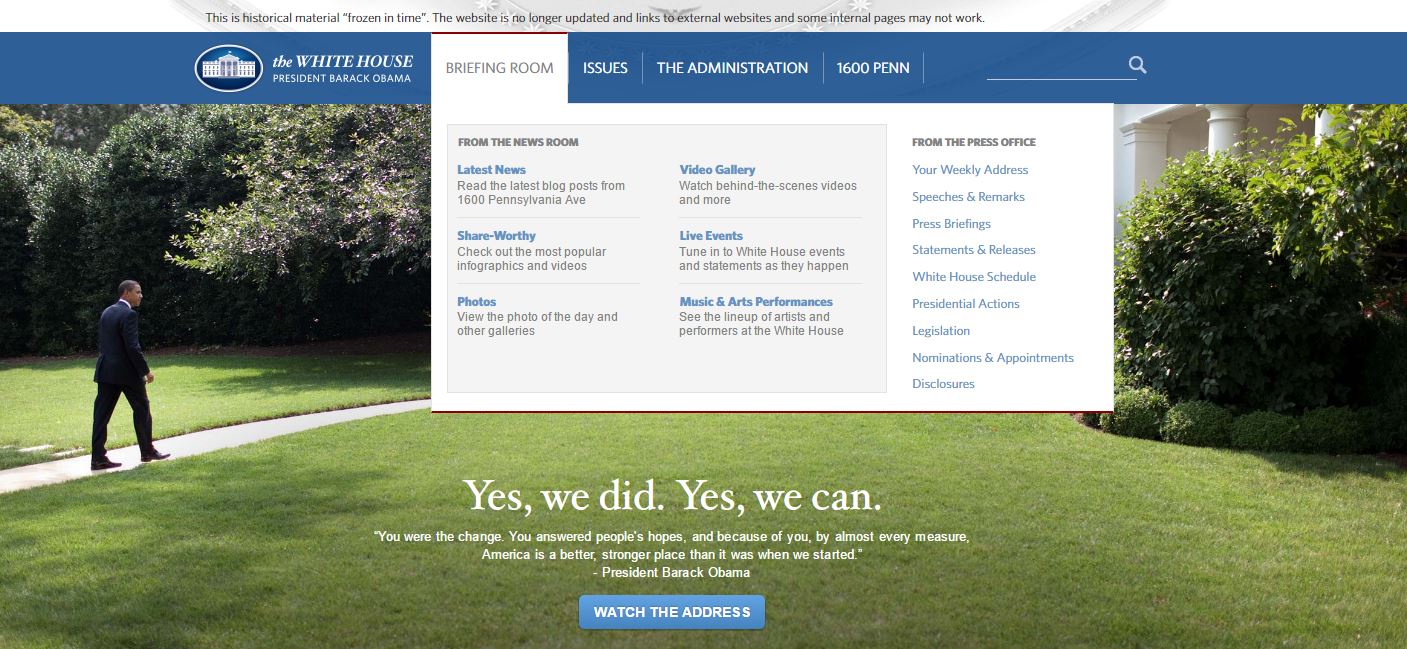Former EPA staffers said Wednesday the restrictions imposed under Trump far exceed the practices of past administrations.Update: The AP has news that the EPA must submit all studies and data to review by political appointees. Former EPA staffers said Wednesday the restrictions imposed under Trump far exceed the practices of past administrations. Earlier: It’s not […]
Trump Transition Leaves Chaos in Wake





